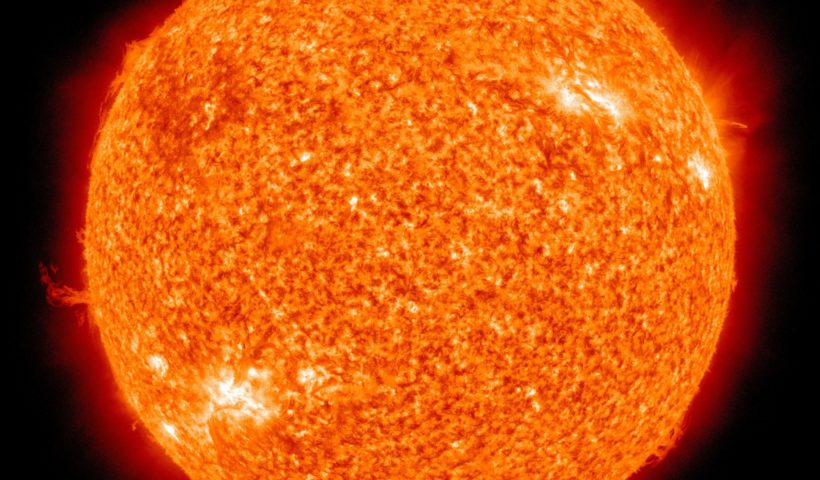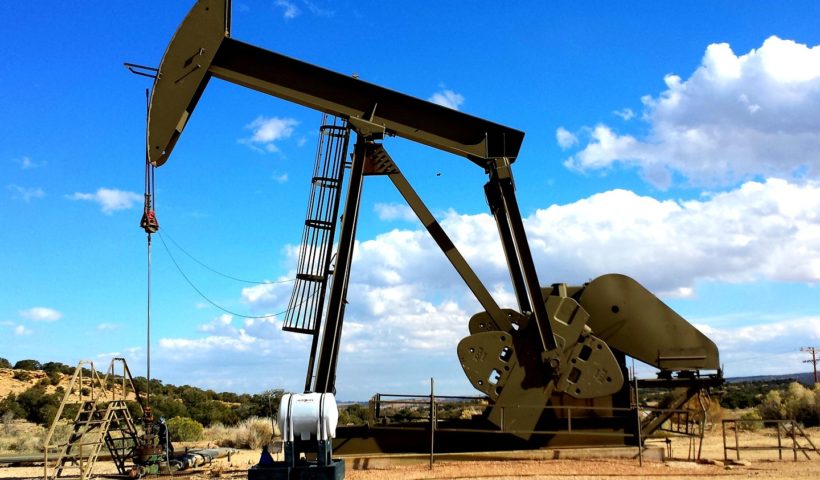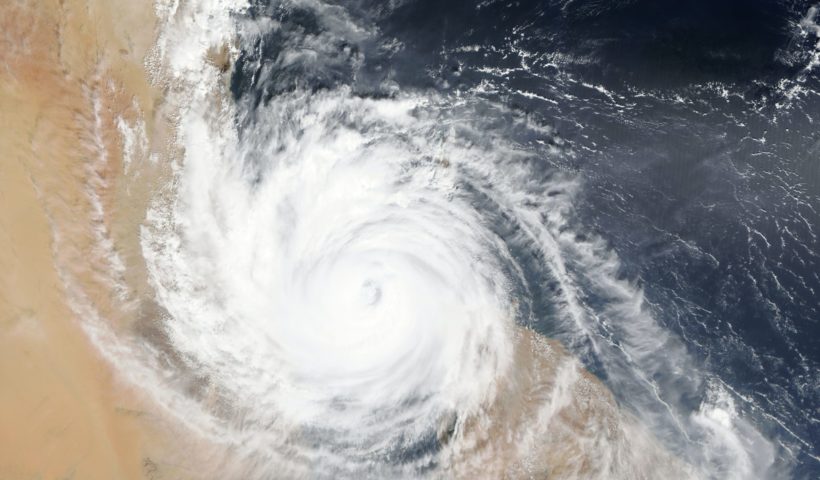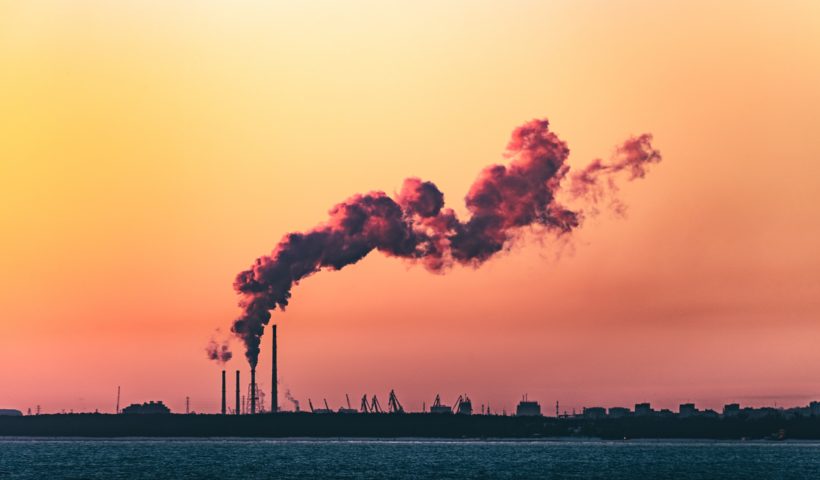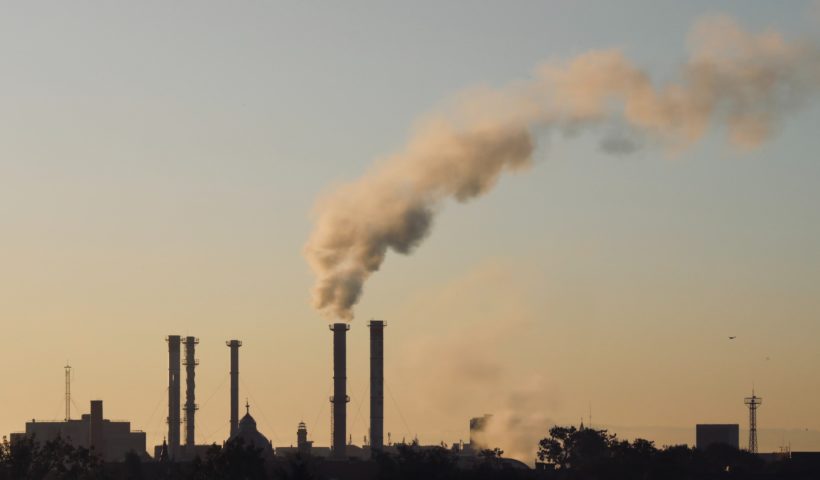As the global population and demands for meat continue to grow, so, too, does the meat industry’s contribution to climate change. Lab-grown meats are not far away from grocery store shelves, and they have the capability to reduce the impact of the meat industry on our planet. First, however, they will need to win over consumers.
View More Can Lab-Grown Meat Help Save the Planet?Tag: Climate Change
The Power of the Sun: Nuclear Fusion’s Future as Clean Energy
A recent achievement in the field of nuclear fusion has propelled the long-researched energy source into the spotlight. Until now, nuclear fusion was only a theoretical way to generate clean energy, but nuclear fusion has passed an important energetic threshold that offers early hope for the technology. However, this technology will likely take decades to implement, and it may come too late if currently available clean energy methods are not rapidly adopted.
View More The Power of the Sun: Nuclear Fusion’s Future as Clean EnergyWhy the Keystone XL Pipeline was Unethical
This article draws upon environmental, utilitarian, rights and justice ethics in order to explain why the Keystone XL Pipeline extension was unethical and why its permit was revoked by the Biden Administration in 2021. It debunks the common claims that the pipeline would increase jobs and encourage economic growth, as well as sheds light upon the negative environmental effects and risks to indigenous populations, offering ethical guidelines for the future, such as consulting with indigenous communities before embarking on construction projects.
View More Why the Keystone XL Pipeline was UnethicalThe Ethical Case for Fossil Fuels
A growing number of industrialized countries are questioning the ethical use of fossil fuels, considering climate change is primarily due to greenhouse gas emissions. Many leaders are removing subsidies for fossil fuel companies, pushing against offshore drilling, and divesting from fossil fuel projects like pipelines and refineries. While this may seem like the right thing to do, many economically developed nations tend to forget about the rest of the world. Countries in the developing world rely on fossil fuels to generate economic growth. If these more economically developed countries fail to take the needs of the developing world into consideration, large swaths of the globe will fall into poverty. Clearly such an approach is not ethical. Developed countries must continue to develop renewable energy worldwide while simultaneously investing in fossil fuel projects abroad as the necessary infrastructure for renewable energy systems are designed, tested, and constructed – only then can the world move on from fossil fuels in a safe, effective, and ethical way.
View More The Ethical Case for Fossil FuelsHow Climate Change Intensified Hurricane Ian
Hurricane Ian has already devastated Cuba and Florida, and will soon reach the coastline of North and South Carolina. The storm intensified rapidly in a very short period of time and has been fueled by rising ocean temperatures due to climate change. This increased storm intensity has been predicted for years, and the U.S.’s preparation efforts and response to climate change will impact millions of lives.
View More How Climate Change Intensified Hurricane IanHow California’s Heat Wave Almost Broke the State’s Power Grid
A historic heat wave in California has led to high demand for energy usage this past week, but officials have urged millions of residents to turn up their thermostats and shut off their appliances to prevent overwhelming the power grid. However, lawmakers and regulators at the forefront of the state’s green energy initiatives are also feeling the heat.
View More How California’s Heat Wave Almost Broke the State’s Power GridClimate Change Concerns May Be Getting Worse
Climate change has long been underway, but new research has shown that the known effects of climate change may be expanding to include an increase in infectious disease. Are we able to curb the severity of these consequences before it’s too late?
View More Climate Change Concerns May Be Getting WorseNature is Not a Means to an End: Applying Environmental Ethics to Desalination
Global water demand is rising, but our water supplies are decreasing. Desalination offers an unconventional source of fresh water to meet the needs of the world’s growing population. However, the process harms marine organisms and their natural environments, and exacerbates the threat of climate change. Examination of environmental ethics suggests that prioritizing concerns about environmental and community health is vital to the successful establishment and operation of desalination plants.
View More Nature is Not a Means to an End: Applying Environmental Ethics to DesalinationThe Ethical Implications of Climate Change and Future Inequality We Can’t Ignore
The impacts of climate change will disproportionately impact disadvantaged groups on regional, national, and international scales. The skewed vulnerabilities that arise from exposure to natural disasters, susceptibility to damage, and community ability to recover fuel the need to examine the ethical implications of producing greenhouse gas emissions in bulk for luxury purposes. As engineers are the creators of industrial processes, the responsibility an engineer holds towards themselves, the community they serve, and the future must be displayed through accountability for the cumulative impacts of each action.
View More The Ethical Implications of Climate Change and Future Inequality We Can’t IgnoreClimate Change Reparations: Who Should Carry the Cost?
The damaging effects of climate change are not distributed equally among the world’s nations — those who pollute the least bear more of the burden, so are these countries owed reparations for their losses? If so, who should pay?
View More Climate Change Reparations: Who Should Carry the Cost?

